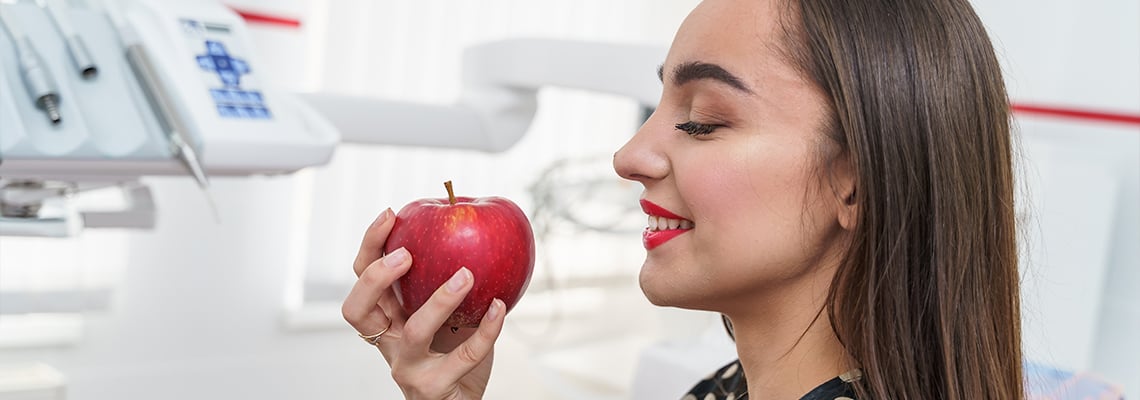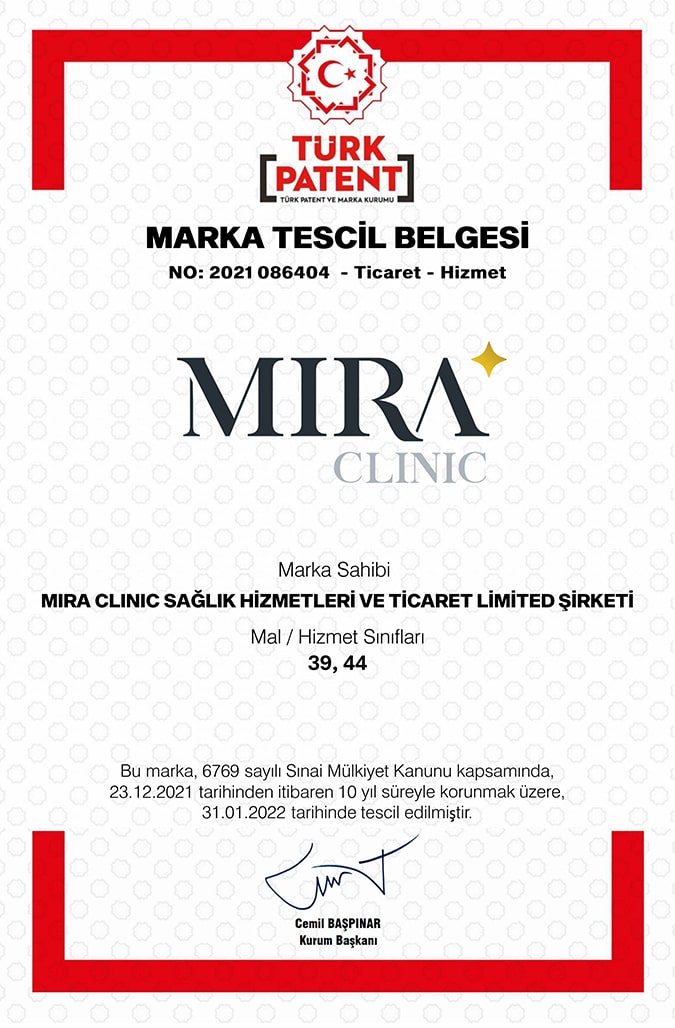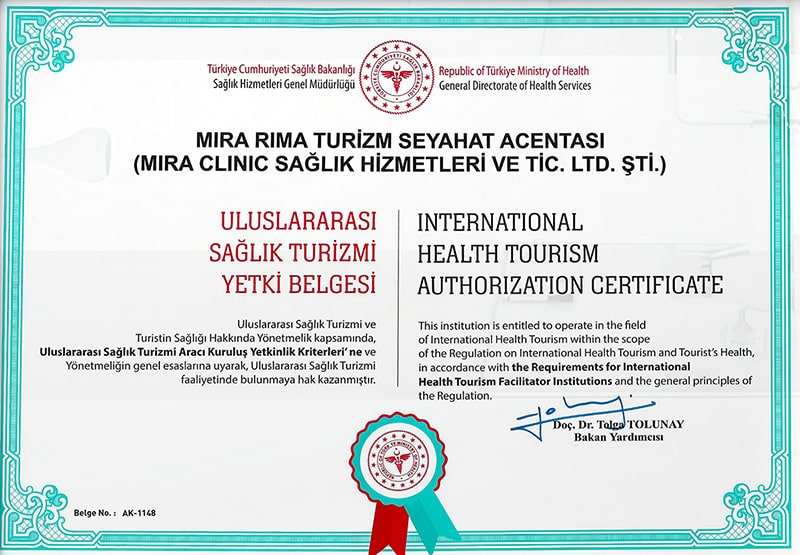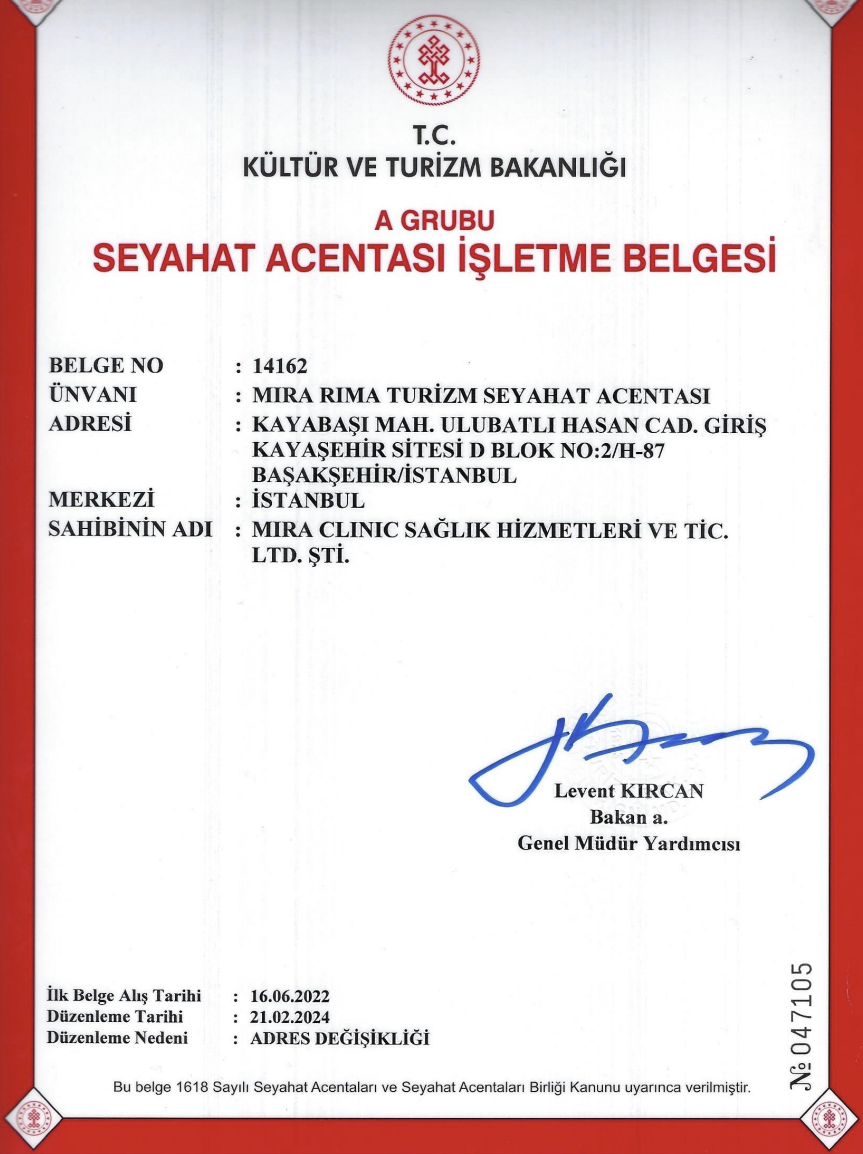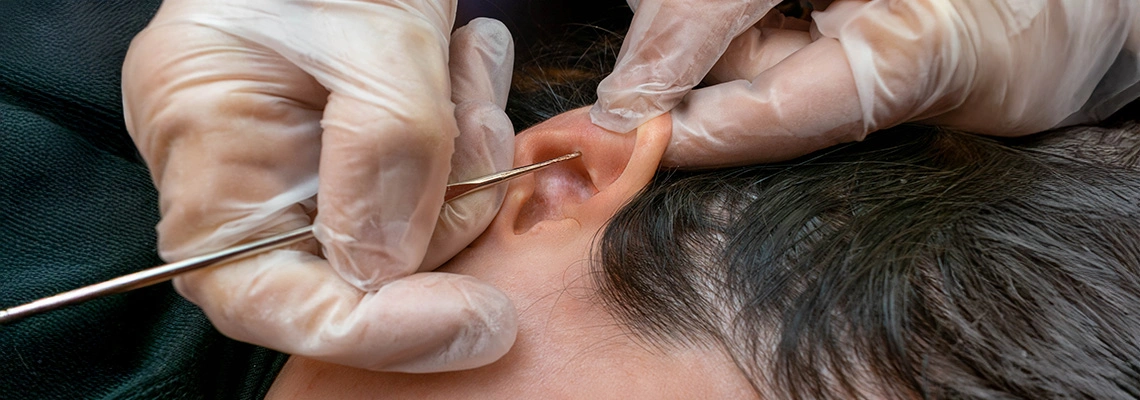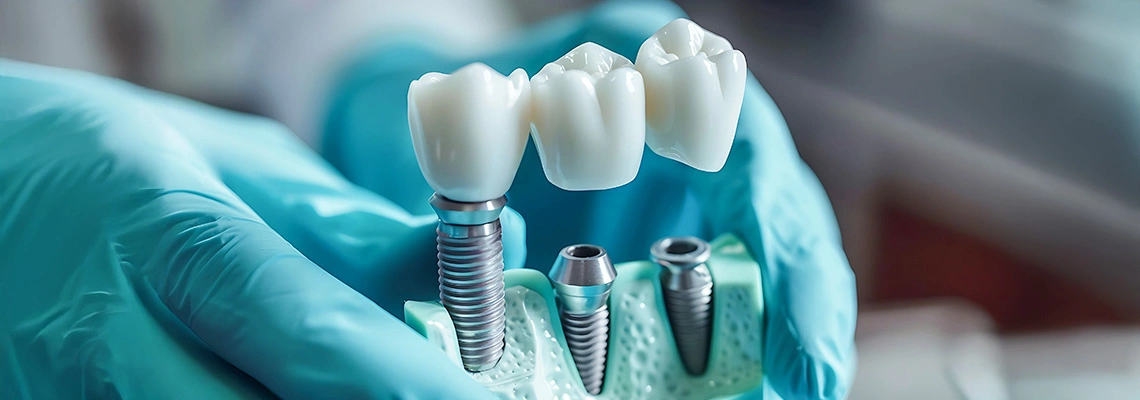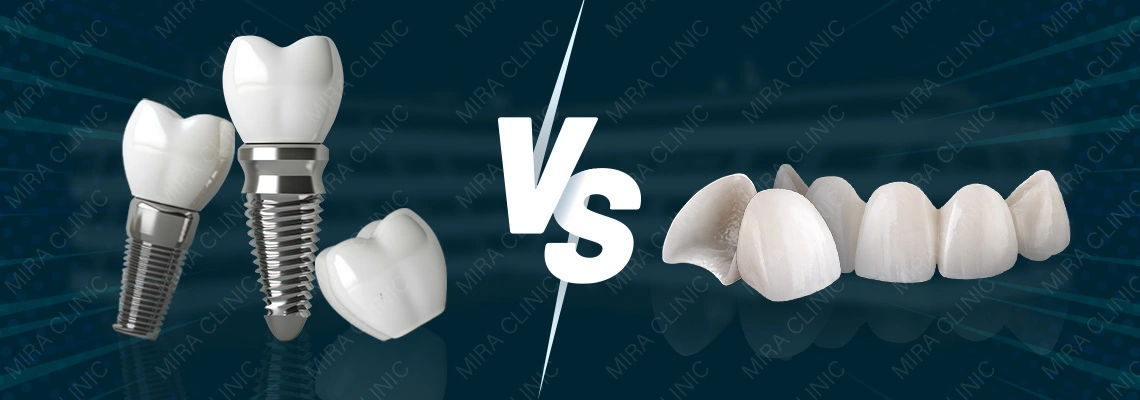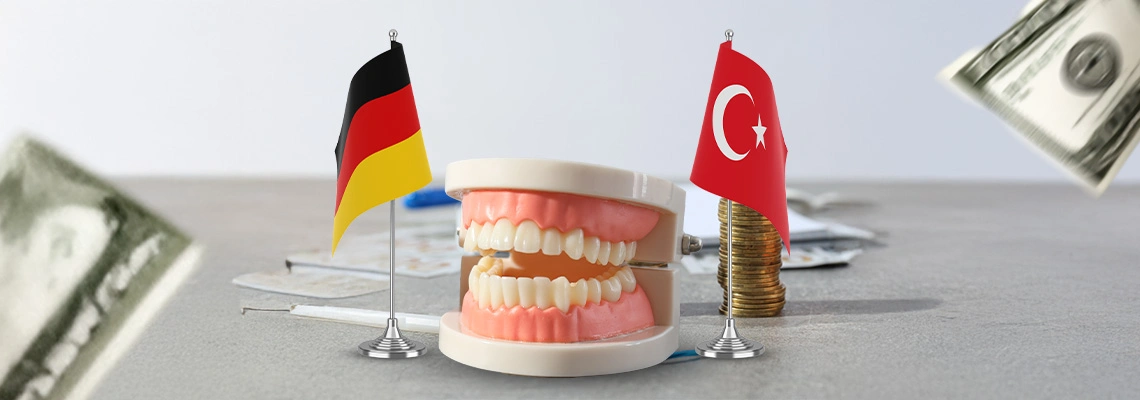Table of contents
- Instructions before dental implants
- How do you prepare for dental implants?
- Instructions after dental implants
- Side effects after dental implants
- Complications after dental implants
- What is allowed to eat and drink after dental implants?
- How do you reduce pain?
- What food should be avoided after dental implants?
Instructions before dental implants
How do you prepare for dental implants?
Surgery to attach jaw implants is often done under local anesthesia, so it is not necessary to fast before surgery. Because it is forbidden to eat for two hours after surgery in the oral cavity (including surgery to install jaw implants), it is permissible to eat a light meal before surgery. Doctors often recommend taking antibiotics for about an hour before dental implants and continuing to take them for three to seven days, depending on the situation.
How do you deal with anxiety before dental implants?
Fears and stress before dental implants are the most common and understandable thing among patients. In cases where it is very difficult to control emotions and relieve stress, consider taking anti-anxiety medications before dental implants, in coordination with your family doctor. Additionally, conscious distraction can be obtained prior to surgery in the presence of an anesthetist, and in other exceptional cases general anesthesia can also be performed for intensive surgical treatment.
Instructions after dental implants
Side effects after dental implants
After dental implantation, pain, bleeding, bleeding under the skin and difficulty in opening the mouth sometimes appear. Additionally, the swelling continues to grow, peaking two to three days after surgery, and then begins to improve.
Complications after dental implants
Inflammation after surgery is one of the complications that can develop. If the site of the operation is contaminated, the clinical signs are local fever, high general fever, pain or swelling that does not decrease one week after surgery and secretion of pus - in these cases, a reference to the clinic is needed. Even with uninterrupted bleeding, you need to go to the clinic.
Other complications that can be caused by dental implant surgery are sensory disturbances in the lip and chin area, damage to nearby teeth, or inflammation of the sinus cavity. If the feeling of numbness does not pass after a few hours or if numbness is felt in the lip or chin in an implant in the lower jaw, seek immediate medical attention.
What is allowed to eat and drink after dental implants?
In the first two hours after dental implants, you must refrain from eating completely. After that, it is recommended to eat soft foods, preferably cold foods such as sweets and ice cream. During the first day after the dental implant operation, it is recommended to avoid hot drinks.

How to reduce pain?
Pain is common after a dental implant operation, and to relieve it you can take painkillers which you will need to ask your doctor. There is often a recommendation for two different types of pills.
After undergoing a dental implant operation, the patient should take care of the area in which the dental implant was performed and should follow the advice and instructions during the first month after the operation, especially during the first 24 hours for the tissues and bones to heal. quickly and avoid any problems or complications that may arise.
We hope you will follow these steps:
• You have to bite the piece of gauze that the doctor put in place for an hour.
• Ice should be placed in a cloth on the cheek at the place of planting.
• Ice cream should only be consumed on the first day.
• Strenuous activity should be avoided for 12 hours after planting.
• You should see a medical specialist one week after the transplant date.
• You should drink cold drinks and avoid eating until the effect of the anesthesia wears off.
• You must respect the medications prescribed by the doctor at the times indicated.
• You must sleep the first night so that the head is higher than the body (to avoid the accumulation of fluid in the face).
The patient refuses:
• Avoid drinking or eating hot food for 24 hours.
• Smoking for a week.
• Do not use the brush for eight hours
• Rinse your mouth for 24 hours.
• Do not exercise for the first 48 hours after the dental implant operation.
• Do not touch the transplant area with your tongue or finger.
. Are there bleeding spots?
There is blood in the saliva during
smoking:
Smoking after the dental implant operation increases the risk of infection, which may lead to the failure of the dental implant operation. Smoking should be avoided for a period of no less than two weeks after the dental implant operation.
Dentures and dental guards:
Dentures or dental guards should not be used for at least 10 days after the operation, for a dental implant to be successful, oral hygiene should be maintained and follow-up with the dentist or oral surgeon until potential problems that may delay healing are identified.

Tips that must be adhered to until the teeth are installed over the implants, that is, after three to four months:
1- Not eating directly on the dental implants, especially in the first 3 months of the implant. Implanting the implants in the bone does not mean that these implants are fully fixed in their place, because the implants need a period of 4 months until the implants are fused with the surrounding bone .
2- Taking care of the cleanliness of the implants on a daily basis by using toothbrushes with soft bristles. The goal is to sweep the implants from the remnants of food waste rather than cleaning. If there is a temporary bridge over the implants, the water injection device shown in the picture can be used and it sprays water strongly that cleans around the implants and under the bridge and can be used Always, and any sterile material or any medical material can be placed in the tank attached to it.
Finally, important tips after installing teeth over implants:
Dental implants are exposed to infections like natural teeth, so they must be preserved from infections by brushing and paste just like natural teeth.
Gum infections are the first problem for dental implants, as they cause bone regression and its fading from the vicinity of the implants, and then lead to implant failure, so you must make the right choice before dental implants because it is related to personal hygiene.
Diet tips for dental implant recovery
First and foremost, remember that your body needs nutrition to recover completely, so do not skip meals, but rather eat nutritious foods to heal and recover faster, and if you have a special diet for medical reasons such as diabetes, continue with it and ask your dentist to give you instructions based on your current diet.
Start a liquid diet an hour after the surgery (soup, milk, ice cream, etc.), consult with your doctor about what you want to eat because some ingredients used in soups and some liquid foods are acidic and can cause sensitivity and a burning sensation, also avoid hot foods and drinks for 24 An hour after surgery and also avoid using a pipette for a day.
During the first week after surgery, you should avoid hard foods because they put pressure on your gums during chewing. Rely on soft, concentrated foods such as candy, soup, mashed potatoes, yogurt, cheese, ice cream with milk, oatmeal, and hard-boiled eggs.
Milk products are great options for you because they are rich in calcium and protein, which are necessary for strengthening the jawbones, which makes fixing the implants in place faster.
Continue with a soft diet for the second week after your dental implant surgery because your gums are still sensitive and should be treated gently. But if you want to add meat to your diet, take into account that it is minced meat and soft fish, as they do not require excessive chewing. After two weeks your gums will be partially healed and you will be able to resume normal eating habits to some degree, but it is better for you to be more careful not to put pressure on your gums by eating hard and dry foods, and try to limit your consumption of meat to the minced form because the meat is not minced and not Well-cooked is hard to chew as it applies pressure to the gums.
Fruits and vegetables are very important to your health and recovery, but choose the ones that are easy to eat with minimal chewing, also you should not eat sour and astringent fruits because they cause pain in the surgical area.
What food should be avoided after dental implants?
You must abstain from certain foods during the recovery period of the dental implant process, be sure to ask your doctor about the prohibitions of eating after the surgery. Here are some foods to avoid:
Acidic foods such as tomatoes, tomato paste, and orange juice: The acidity of these foods can cause a burning pain in your gums.
Popcorn, walnuts, sunflower seeds, etc. These foods often have hard scales that get lodged between the teeth and cause pain and inflammation.
Chopped pepper: It is located between the teeth and the implants, causing pain and inflammation.
Pungent foods: Pungent foods cause pain and discomfort.
Crunchy foods and hard-to-chew foods.
Toast: Since toast is not a soft type of bread, it is not a suitable option after dental implant surgery.
Rice: Rice can stick in the mouth and it is best to replace it with softer bread.
